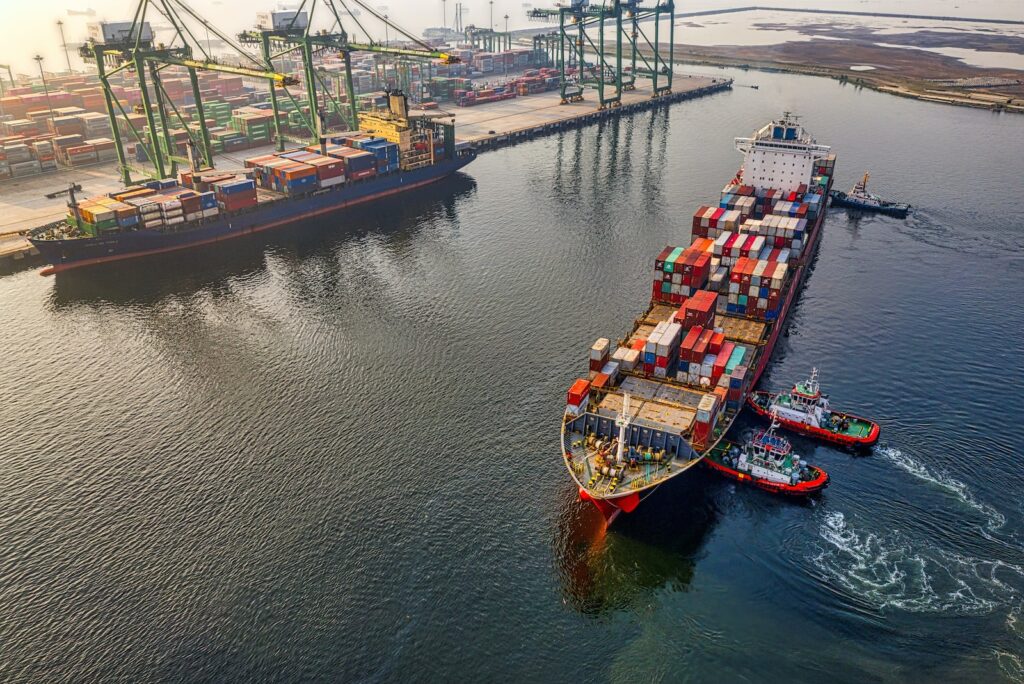£77m competition launched to find net-zero maritime technology
The search is on for green maritime technology as the government has launched a new competition today, with winners set to receive a share of £77m.
This is the first time the government has invested specifically in net-zero marine technology to reduce the industry’s carbon footprint, as shipping is currently responsible for 2.5% of the world’s carbon emissions.
Successful projects will need to show how the money will be used to create and launch a zero-emission vessel by 2025.

This could look like boats powered by electric batteries, shoreside electrical power, ships running on low-carbon fuel like hydrogen, or ferries powered by the wind.
Transport Secretary Mark Harper said: ‘When it comes to tackling climate change, we are taking action on all transport modes, which is why we’re making sure our world-leading maritime sector has a greener future.
‘This multi-million-pound investment will help the latest tech ideas become reality and ensure UK waters will play host to green cargo ships, ferries and cruises in the next few years.
‘Our funding will support a cleaner freight system, a more environmentally friendly tourism industry, and a net-zero maritime sector.
The Zero Emissions Vessels and Infrastructure (ZEVI) competition will be run by Innovate UK which has overseen similar competitions in various different industries.
Innovate UK Executive Director for Net Zero Mike Biddle said: ‘This latest £77 million investment in clean maritime innovation is another major milestone in the delivery of the wider UK Shipping Office for Reducing Emissions (UK SHORE) programme to accelerate the transition to net zero.
‘Innovate UK will work closely with the Department for Transport in delivering the Zero Emission Vessel and Infrastructure competition, resulting in multi-year real world demonstrations of clean maritime technologies around the UK.’
Universities across the UK are also being encouraged to join the new Clean Maritime Research Hub with £7.4m of government and additional funding available.
The hub will be delivered in partnership with and co-funded by the Engineering and Physical Sciences Research Council (EPSRC), part of UK Research and Innovation (UKRI).
Photo by william william












